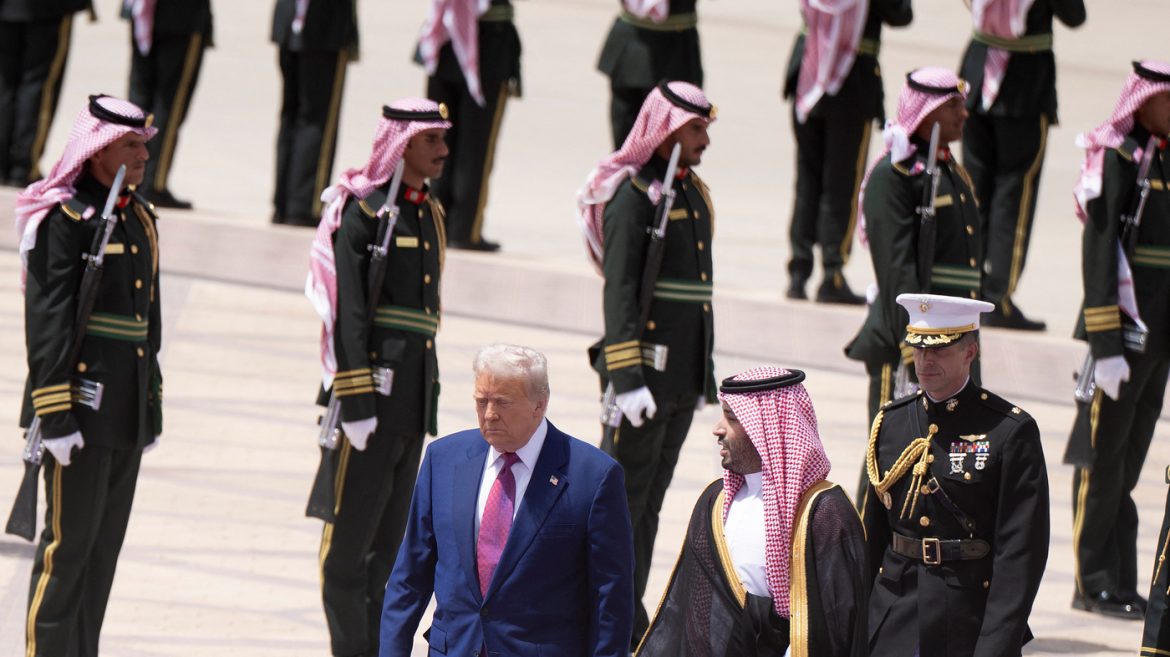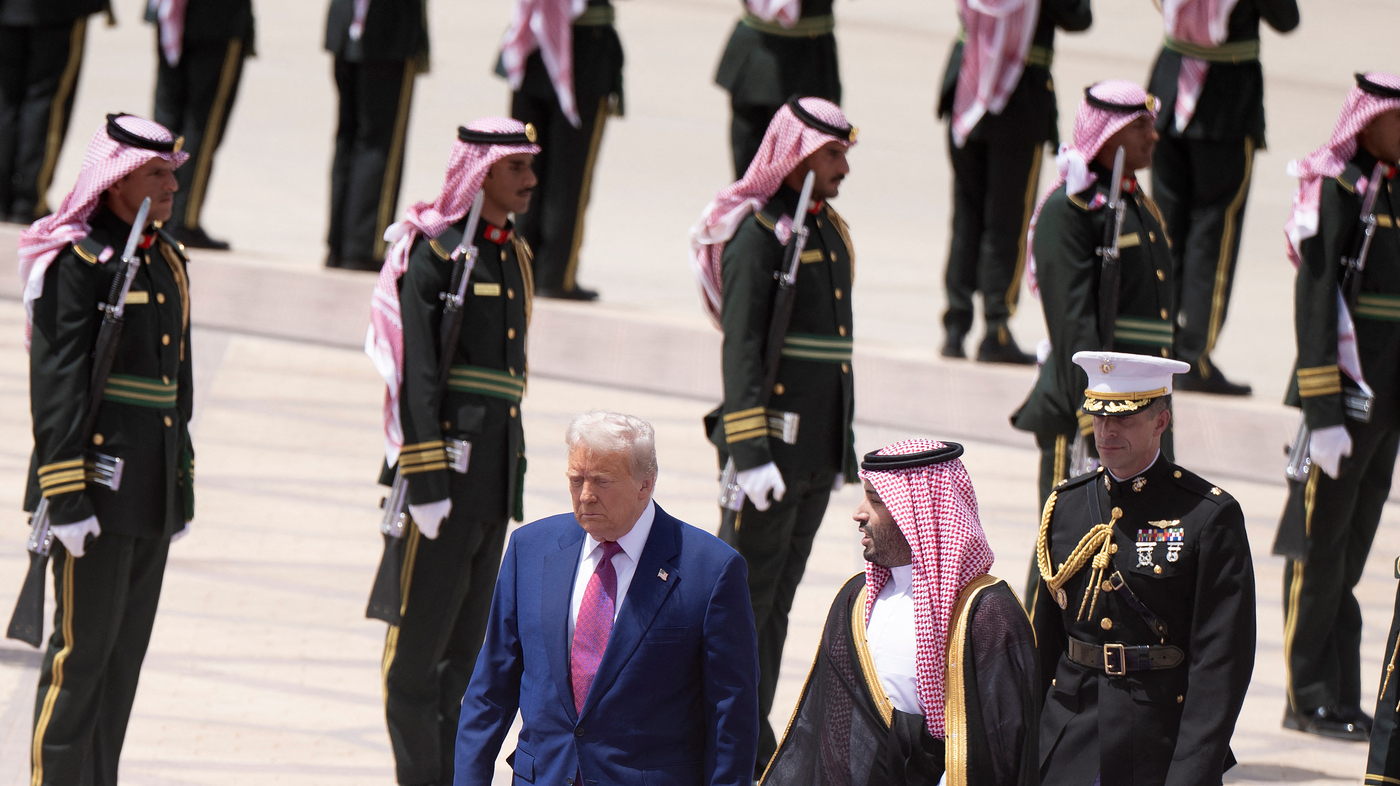Introduction
President Trump’s four-day trip to the Middle East, visiting Saudi Arabia, Qatar, and the United Arab Emirates, marks a significant diplomatic and economic endeavor. This journey, echoing his first-term approach, focuses on economic opportunities and security issues, with a particular emphasis on business deals and investments. The trip is notable for its potential to reshape U.S. foreign policy in the region, especially given the complex geopolitical landscape and the personal business interests of the Trump family.
Economic Agenda
Business Deals and Investments
The economic agenda of Trump’s trip is centered around securing significant business deals and investments. Saudi Arabia has pledged to invest $600 billion in the United States over the next four years, a move that underscores the economic potential of the trip. This investment is expected to create jobs and stimulate economic growth in the U.S. The focus on economic opportunities is evident in the Trump administration’s efforts to strengthen trade ties and attract foreign investments.
Private Business Interests
The trip also highlights the intersection of Trump’s personal business ventures and his foreign policy. The Trump Organization has entered into real estate deals in all three countries, raising questions about potential conflicts of interest. This blurring of lines between private business and public policy adds a layer of complexity to the trip, as critics argue that it could compromise the integrity of U.S. foreign policy.
Diplomatic Agenda
Security Issues
Despite the economic focus, security issues remain a critical part of the agenda. Trump’s visit to Saudi Arabia includes discussions on U.S. efforts to dismantle Iran’s nuclear program, end the war in Gaza, and hold down oil prices. These discussions are crucial for regional stability and global security, as they address some of the most pressing challenges in the Middle East.
Meeting with Syria’s New President
A significant diplomatic move is Trump’s plan to meet with Syria’s new president for the first time. This meeting could signal a shift in U.S. policy towards Syria, potentially leading to new diplomatic initiatives or changes in the U.S. approach to the Syrian conflict. The meeting is expected to address the ongoing humanitarian crisis and the political situation in Syria, which has been a focal point of international concern.
Regional Dynamics
Relationship with Gulf States
The trip underscores the importance of the U.S. relationship with the Gulf States. Saudi Arabia, Qatar, and the UAE are key allies in the region, and strengthening ties with these countries is essential for U.S. interests. The visit to Saudi Arabia, in particular, is significant as it marks the first overseas state visit of Trump’s second term, highlighting the strategic importance of the relationship.
Omission of Israel
Notably, Trump’s itinerary does not include a visit to Israel, despite the ongoing conflict in Gaza. This omission is significant, as it suggests a shift in U.S. priorities and a potential realignment of diplomatic efforts. The focus on Saudi Arabia and other Gulf States indicates a strategic pivot towards economic and security cooperation with these countries, rather than addressing the Israeli-Palestinian conflict directly.
Potential Challenges
Regional Conflicts
The Middle East is fraught with regional conflicts, including the war in Gaza and the Syrian civil war. These conflicts pose significant challenges to Trump’s agenda, as they could disrupt economic deals and diplomatic efforts. The trip’s success will depend on how effectively Trump navigates these complex issues and balances economic interests with security concerns.
Domestic Politics
Domestically, Trump faces criticism for his approach to foreign policy, particularly regarding his personal business interests. The trip’s focus on economic deals and investments has raised concerns about potential conflicts of interest and the influence of private business on public policy. These challenges could impact the trip’s outcomes and the broader perception of U.S. foreign policy.
Conclusion
A New Chapter in U.S. Middle East Policy
Trump’s trip to the Middle East marks a new chapter in U.S. foreign policy, one that prioritizes economic opportunities and security issues. The focus on business deals and investments, coupled with diplomatic efforts, reflects a strategic shift in U.S. policy towards the region. While the trip holds the potential for significant economic gains and diplomatic breakthroughs, it also faces challenges from regional conflicts and domestic political concerns. The outcomes of this trip will shape the future of U.S. relations with the Middle East and set the tone for Trump’s second term in office.


